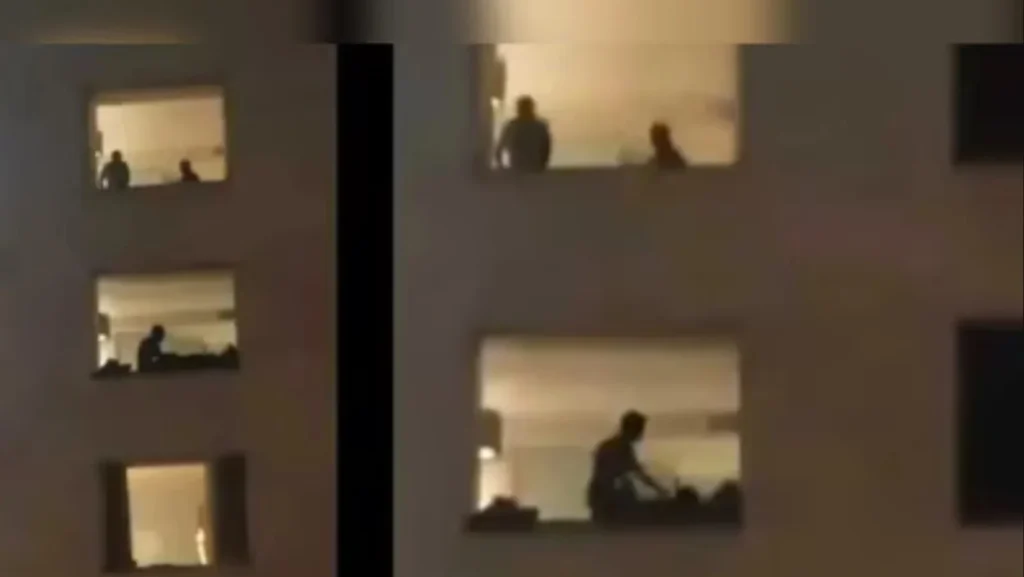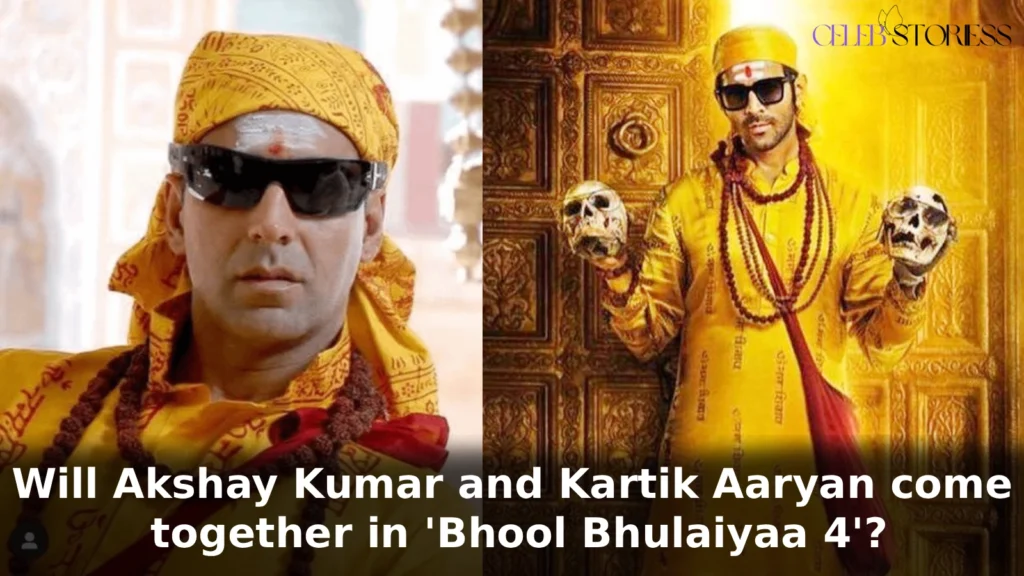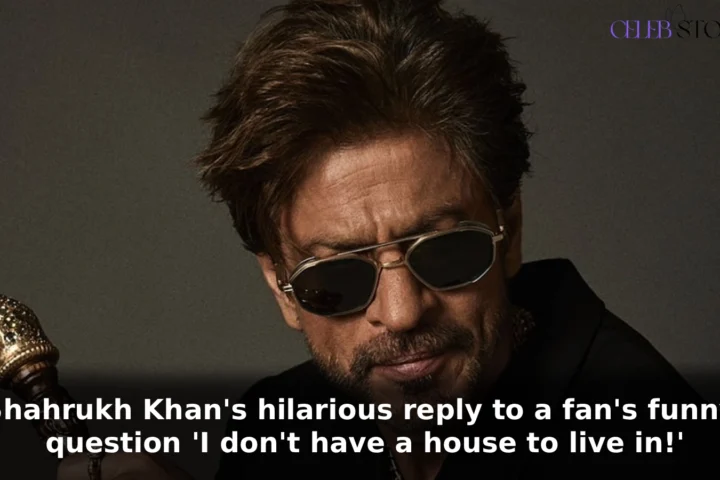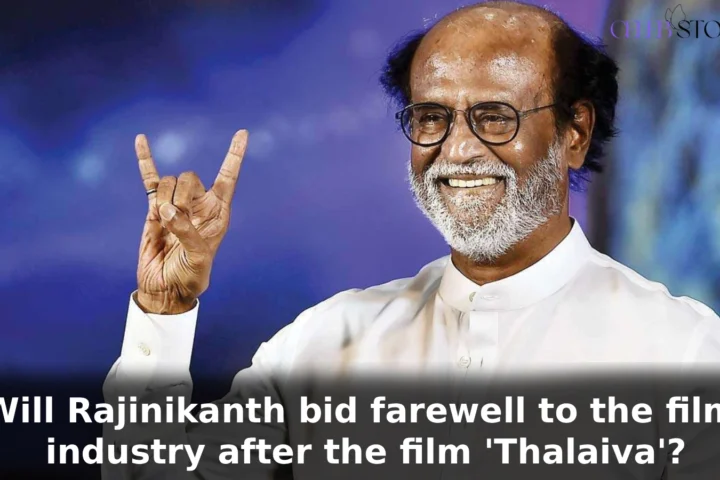In an age where smartphones double as surveillance tools and social media thrives on sensationalism, a recent incident in Jaipur has reignited urgent conversations around privacy, voyeurism, and digital ethics. What began as a private moment between two individuals in a hotel room quickly spiraled into a public spectacle, drawing a crowd, halting traffic, and sparking a nationwide debate.
The Incident That Stopped Traffic
On the evening of June 17, 2025, a couple staying at the Holiday Inn near Jaipur’s 22 Godown area reportedly forgot to draw the curtains of their hotel room before engaging in an intimate act. Their room, facing a busy flyover, was visible to passersby. One such passerby recorded the scene and uploaded it online. Within hours, the video went viral, and a crowd began to gather outside the hotel, causing a massive traffic jam and public commotion2.
The video, though blurred and lacking clear identification of the couple, left little to the imagination. Onlookers can be heard shouting and hurling abuses in the background, while others continued to film the scene and the growing crowd.
Public Reaction: Outrage, Ethics, and Blame
The internet, as expected, exploded with opinions. Some users criticized the couple for their lack of discretion, arguing that they should have ensured their curtains were closed. Others, however, were quick to condemn the act of filming and sharing the video, calling it a gross violation of privacy and a textbook case of voyeurism3.
One user commented, “Yes, the couple should have drawn the curtains, but that doesn’t give anyone the right to record them and make the footage public. That’s a serious breach of privacy.” Another added, “This is a hotel room, not a public space. Filming and distributing such content without consent is morally and legally wrong.”

Legal Implications: Where Does the Law Stand?
Under Indian Penal Code Section 354C, voyeurism—defined as watching or capturing images of a person engaging in a private act without their consent—is a punishable offense. Legal experts have pointed out that regardless of the couple’s oversight, the act of recording and distributing the video is illegal and could lead to criminal charges.
Moreover, the hotel’s role has also come under scrutiny. Many questioned why a five-star property failed to ensure guest privacy through proper room design or automated curtains. Some even suggested that hotels should provide visible reminders or signage to guests about the visibility of their rooms from public spaces.
The Digital Age Dilemma
This incident is more than just a viral video—it’s a mirror reflecting the darker side of our hyper-connected world. In the race for likes, shares, and virality, ethical boundaries are often blurred. The ease with which private moments can be captured and broadcast to millions raises serious concerns about consent, accountability, and the erosion of personal space.
It also highlights the need for digital literacy and empathy. Just because something can be recorded doesn’t mean it should be. And just because something is trending doesn’t mean it’s ethical to share.
The Hotel’s Responsibility
While the couple’s lapse in judgment is undeniable, the hotel’s responsibility cannot be overlooked. In an era where privacy is increasingly fragile, hospitality establishments must go the extra mile to protect their guests. This includes thoughtful room design, proper placement of curtains or blinds, and even staff training to ensure that guests are aware of potential visibility risks.
Moving Forward: Lessons to Learn
This incident should serve as a wake-up call—not just for individuals, but for society at large. It’s a reminder that privacy is a right, not a privilege, and that violating it for entertainment or outrage is both unethical and unlawful.
For hotels, it’s a call to reassess their infrastructure and guest communication. For individuals, it’s a prompt to be more mindful of their surroundings. And for digital citizens, it’s a plea to think before hitting “record” or “share.”
Conclusion
The Jaipur hotel incident is a stark example of how quickly private moments can become public controversies in the digital age. It underscores the urgent need for stronger privacy protections, ethical digital behavior, and a collective commitment to respecting personal boundaries. Because in the end, what’s at stake isn’t just someone’s reputation—it’s the very fabric of trust in our increasingly transparent world.
Would you like a featured image or social media captions to go with this blog?
Read more:
- Will Akshay Kumar and Kartik Aaryan come together in ‘Bhool Bhulaiyaa 4’?
- Alia Bhatt’s ‘Alpha’ release date postponed
- Actress Hema Malini gives update on Dharmendra’s health
- This 6-episode series, whose suspense will amaze you, is available on this OTT platform
- 10 one-night stands a month, for one night., Who is the actress who lives a royal life? Shocking revelation from the detective















